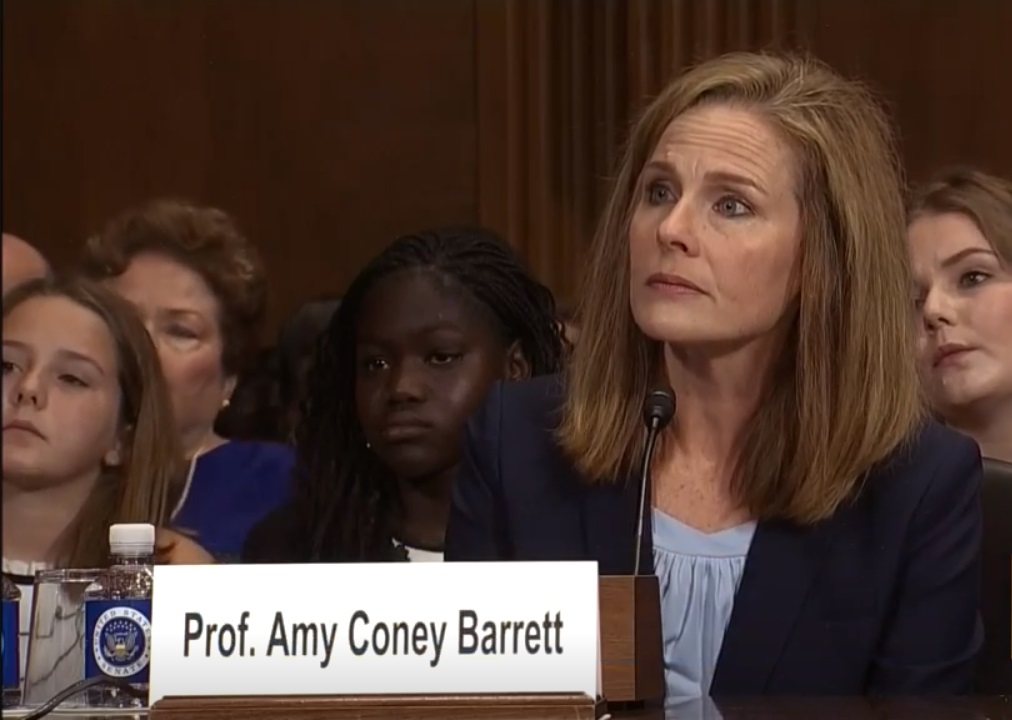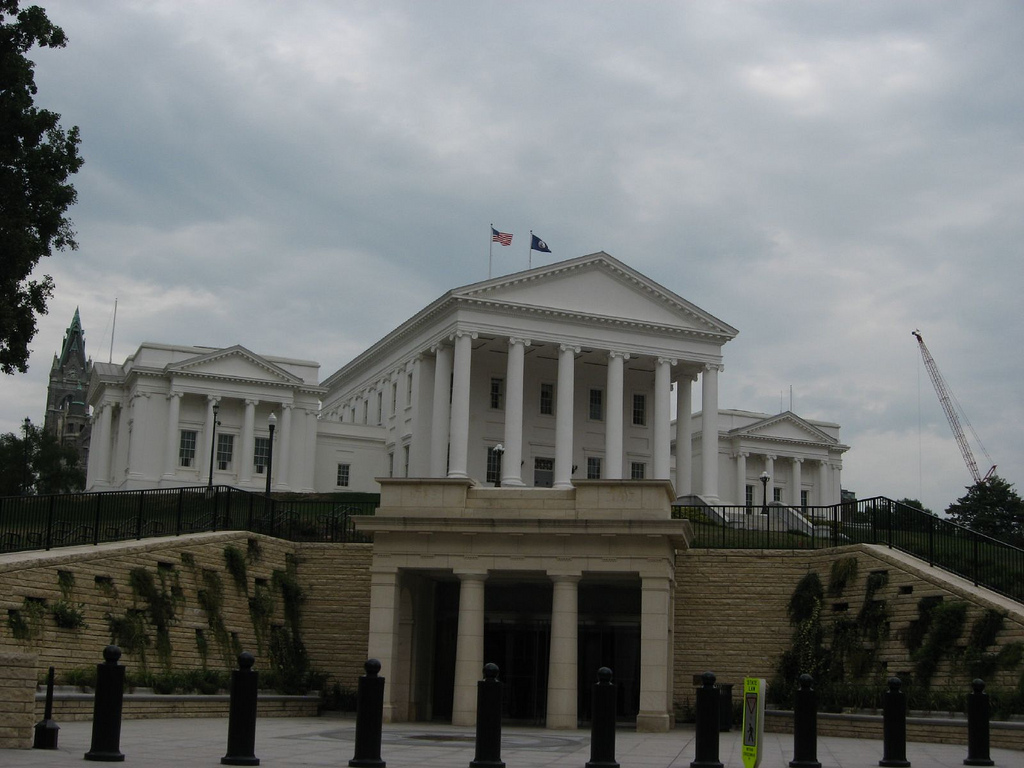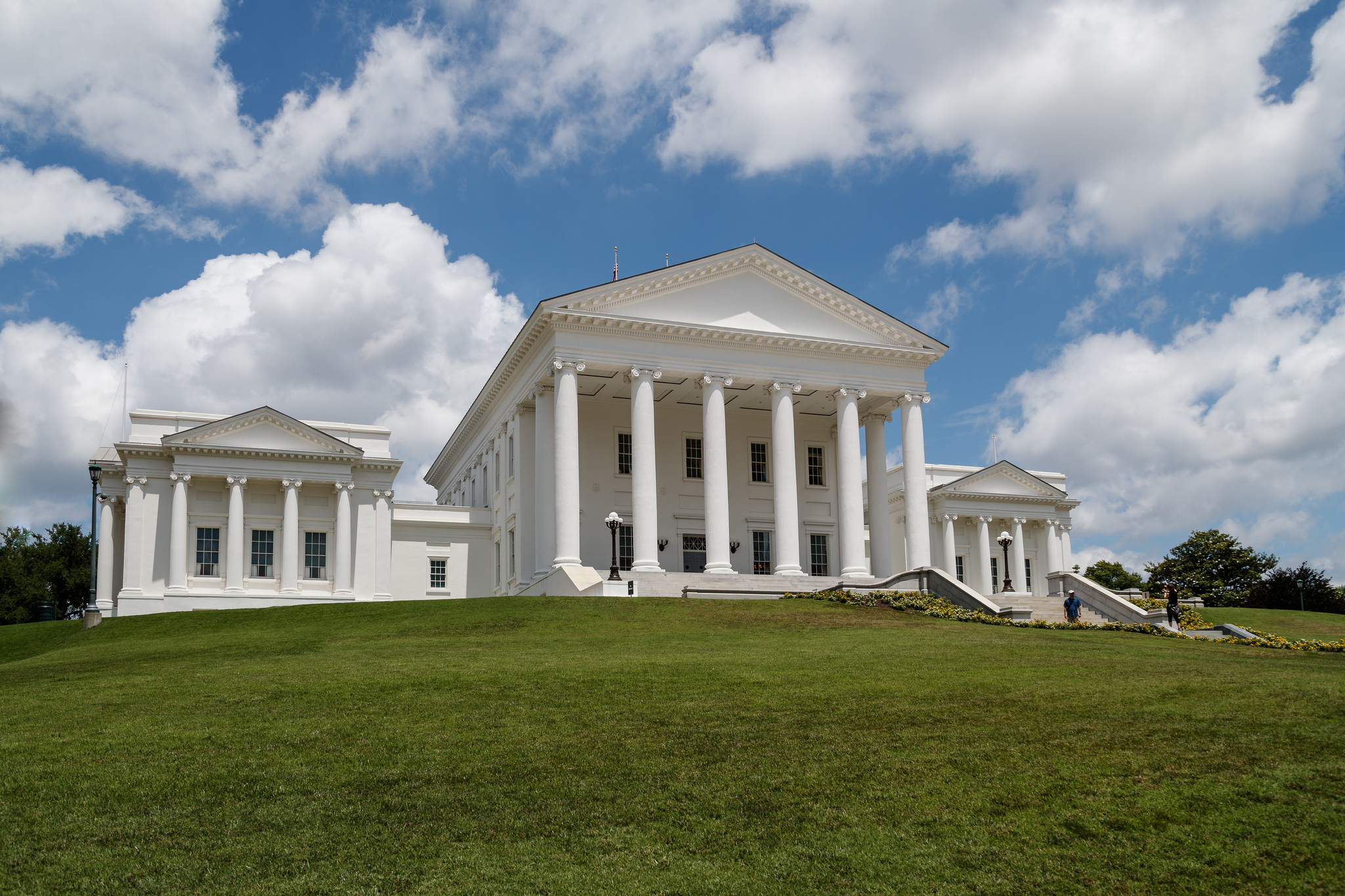Governor Glenn Youngkin (R) is offering a compromise on the disputed state budget that gives Virginia’s Democratic legislators most of the spending they were initially demanding, especially for local schools and early childhood education. The Governor is also offering a quick path to a resolution that avoids additional months of budget stalemate and political division.
“On a day when Virginians were thrilled to witness an 80% eclipse of the sun, they should also cheer a budget compromise where a Republican governor moved about that far in the direction of meeting the Democrats’ stated goals without added taxes,” stated Derrick Max, President of the Thomas Jefferson Institute. “This is a more than reasonable good faith offer recognizing that in a divided government, compromise is key.”
The Governor is abandoning his initial plans for a more broad-based tax reform with its significant tax reductions in the coming budget cycle but is asking Democrats to relent on their decision to add $2.6 billion in additional spending through tax increases. He refers to his package as a “common ground” budget.
“The $64 billion Common Ground Budget eliminates all proposed tax increases, invests a record $21.2 billion in K-12 education, caps tuition increases at 3%, includes 3% pay raises for teachers and state employees in each year and increases investments in health and human resources by $3.2 billion over the biennium,” states the talking points issued with the announcement.
Youngkin’s proposal is coming as a series of more than 230 amendments to the massive budget document he was presented by the General Assembly. It will take at least some Democrats voting with Republicans to pass his amendments at the reconvened session on April 17.
Governor Youngkin’s key amendments will remove the new digital sales tax (including the business-to-business tax) and prevent the revival of the repealed Regional Greenhouse Gas Initiative’s carbon tax. Even without the revenue from these repealed tax regimes, Governor Youngkin’s budget still manages to add hundreds of millions of dollars in new spending over the existing budget.
If any or all the proposed amendments are rejected, or the General Assembly’s leaders find excuses not to allow votes on these amendments, Youngkin still has an opportunity to veto the entire document. Then a special session would need to be convened and a brutal political struggle would ensue as the two sides struggled to reach a new budget for the two fiscal years beginning July 1. During the delay, local governments would be stalled in their own budget and tax decisions.
With that, Virginia average teacher salaries will exceed the national average by about $3,500, one of the key promises Democrats were claiming they needed a tax hike to achieve. With that goal in hand, some other excuse will be needed to justify billions of dollars in new taxes.
State employees are also slated to receive 3% raises in each of the next two years under this version of the budget.
The Governor is also proposing that more capital projects be funded with bonds rather than cash and is taking advantage of several healthy cash balances in various non-general fund accounts, such as the education-related Literary Fund. Will Democrats now insist on a tax increase just to protect those cash balances? Not the most politically sound choice.
In preparing their version of the budget, Democrats removed about $850 million from spending categories important to the Governor. His amendments now seek to restore only $230 million of that, including funds for the various alternative laboratory schools (Virginia’s version of Charter Schools) around the Commonwealth. Democrats voted to zero out that program, just as these new educational options were getting underway.
Anybody serious about Virginia governance should be supporting the adoption of this package of amendments. If they are not exactly what the Democrats would have preferred, that is because they ignored repeated invitations to negotiate this compromise. In the hours before the Governor called his cabinet into a room to present this package, Democrats were on social media defending their decision not to negotiate.
The danger in Governor Youngkin compromising so much (three-quarters of the loaf), is that Democrats will view this as a “starting point” and seek even greater concessions (four-fifths of the loaf). Governor Youngkin should make clear that this is the compromise budget and any effort to significantly alter key items will trigger a full veto and a rewrite where the Government’s compromise may be just half a loaf – removing much of what has been given.
STEVE HANER is a Senior Fellow for Environment and Energy Policy at the Thomas Jefferson Institute. He can be reached at Steve@thomasjeffersoninst.org.





